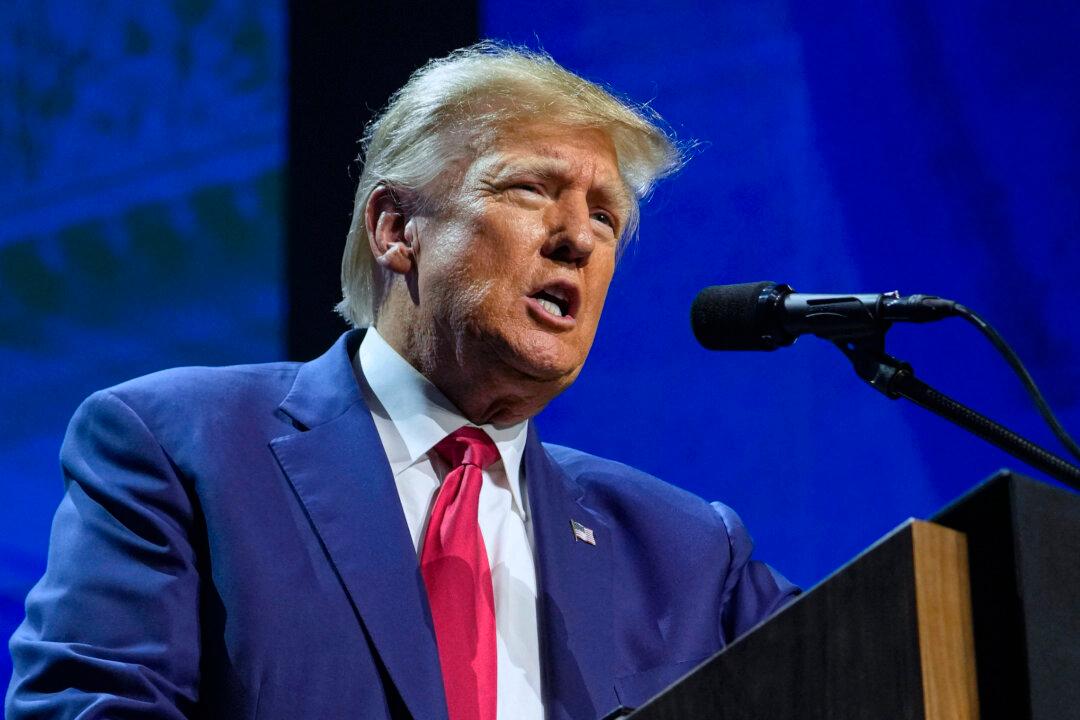Former President Donald Trump’s legal team filed several responses on Nov. 22, insisting that U.S. District Court Judge Tanya Chutkan dismiss the Justice Department’s (DOJ) prosecution because, they argued, the Biden administration selectively and vindictively targeted him while abusing its statutory authority and seeking to violate multiple constitutional protections.
The three filings represent the latest in a series of pre-trial submissions prompted by President Trump’s various motions to dismiss the case. Besides leveling constitutional, statutory, and selective prosecution allegations, the former president has also argued that the case should be dismissed due to the protection he received under the doctrine of presidential immunity.





